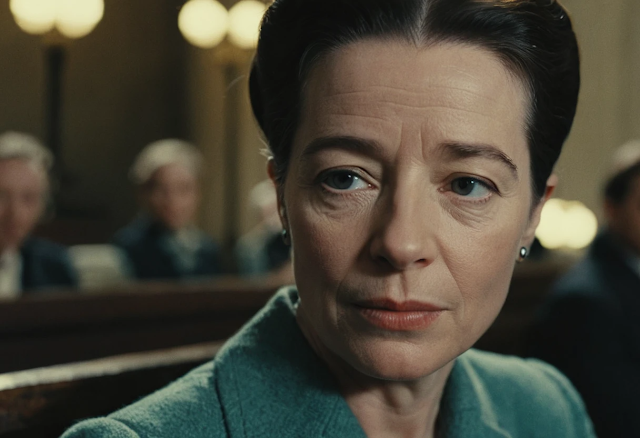The Philosophy of Simone de Beauvoir: A Comprehensive Exploration
This document delves into the life and philosophy of Simone de Beauvoir, a pivotal figure in existentialism and feminism. Through five sections, we will explore her contributions to philosophy, literature, feminism, ethics, and her reflections on freedom and responsibility. Each section will be enriched with ten quotes that encapsulate her thoughts and ideas, providing a deeper understanding of her impact on contemporary thought.
The Existentialist Framework
Simone de Beauvoir is often associated with existentialism, a philosophical movement that emphasizes individual freedom, choice, and responsibility. Her work, particularly "The Ethics of Ambiguity," outlines the complexities of human existence and the necessity of embracing one's freedom.
- "One is not born, but rather becomes, a woman."
- "Existence precedes essence."
- "To be oneself is to be in a state of becoming."
- "Freedom is the source of all value."
- "We are condemned to be free."
- "The other is the one who is not me."
- "Man is defined as a human being and a woman as a female."
- "The ambiguity of existence is the foundation of ethics."
- "Choice is the essence of human existence."
- "We cannot be free without the freedom of others."
Feminism and Gender Politics
Beauvoir's seminal work, "The Second Sex," is a foundational text in feminist philosophy. It critiques the historical oppression of women and explores the construction of gender roles, advocating for women's liberation and equality.
- "One is not born a woman, but becomes one."
- "The oppression of women is the most pervasive and enduring form of oppression."
- "A woman is defined by her relationship to man."
- "The feminine is a social construct."
- "To be a woman is to be in a state of perpetual negotiation."
- "Women have been taught to see themselves through the eyes of men."
- "The struggle for freedom is a struggle for identity."
- "Feminism is a movement for the liberation of women."
- "The personal is political."
- "Women must refuse to be defined by others."
Ethics and Responsibility
Beauvoir's ethical philosophy emphasizes the importance of personal responsibility and the moral implications of our choices. She argues that individuals must confront the ambiguity of existence and act authentically.
- "Ethics is the philosophy of freedom."
- "We are responsible for the choices we make."
- "Authenticity requires a confrontation with the self."
- "To act is to choose, and to choose is to be responsible."
- "The ethical life is one of engagement with the world."
- "We must recognize the freedom of others to be truly free."
- "Ambiguity is the essence of human existence."
- "Moral choices are never simple."
- "To live ethically is to embrace uncertainty."
- "Responsibility is the price of freedom."
Love and Relationships
Beauvoir's exploration of love and relationships reveals her nuanced understanding of human connections. She emphasizes the importance of mutual respect and equality in romantic partnerships.
- "Love is a reciprocal relationship."
- "To love is to affirm the freedom of the other."
- "Jealousy is a denial of love."
- "True love is a partnership of equals."
- "In love, we find both freedom and constraint."
- "The ideal relationship is one of mutual growth."
- "Love should not be a means of possession."
- "Authentic love requires vulnerability."
- "In relationships, we confront our own limitations."
- "Love is an act of creation."
Freedom and Existence
Beauvoir's reflections on freedom highlight the tension between individual desires and societal constraints. She advocates for a life lived authentically, embracing the complexities of existence.
- "Freedom is the foundation of human existence."
- "To be free is to be aware of one's choices."
- "Existence is a struggle for freedom."
- "We must confront the absurdity of life."
- "Freedom is not given; it is taken."
- "The quest for freedom is a lifelong journey."
- "Existential freedom is intertwined with social responsibility."
- "To live authentically is to embrace one's freedom."
- "Freedom is the essence of human dignity."
- "In the face of oppression, we must assert our freedom."
Simone de Beauvoir's contributions to philosophy, feminism, and ethics continue to resonate in contemporary discourse. Her exploration of freedom, responsibility, and the complexities of human relationships invites us to reflect on our own lives and choices. Through her profound insights, we are encouraged to embrace our freedom, challenge societal norms, and strive for authenticity in our existence. Beauvoir's legacy remains a powerful call to action for individuals seeking to understand their place in the world and the dynamics of gender and power.










